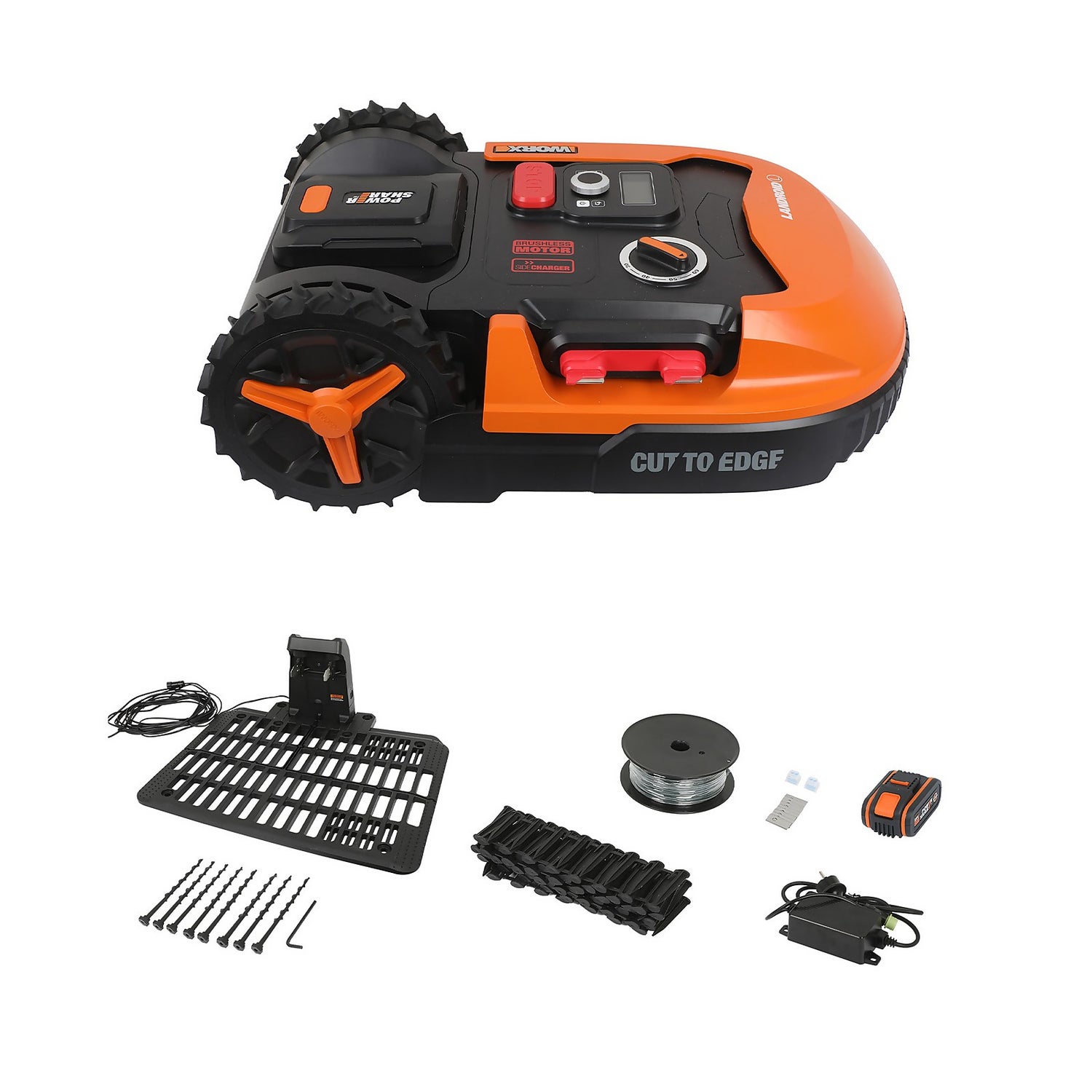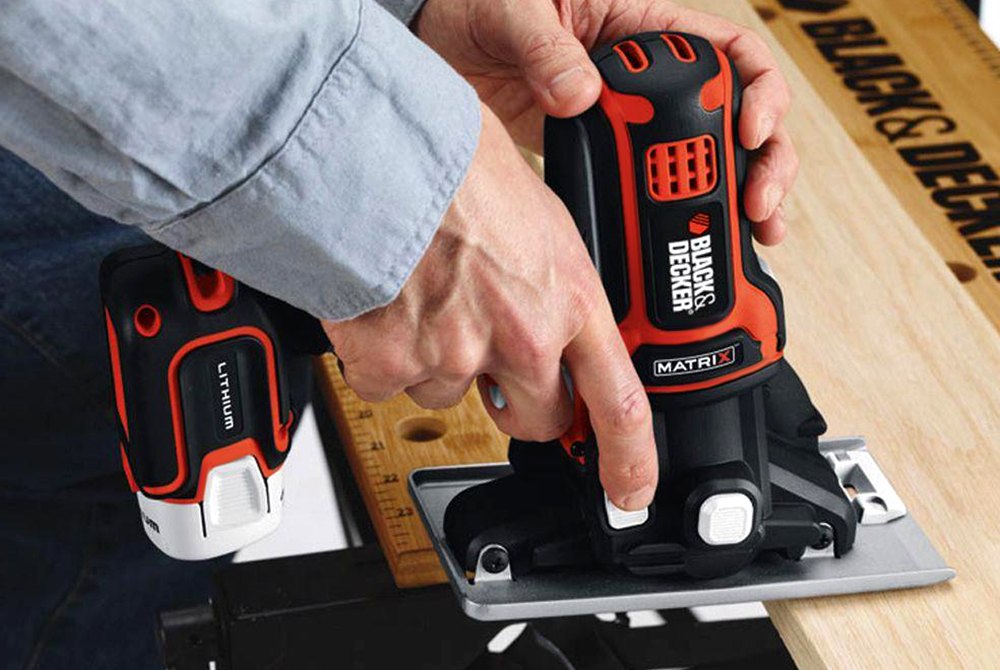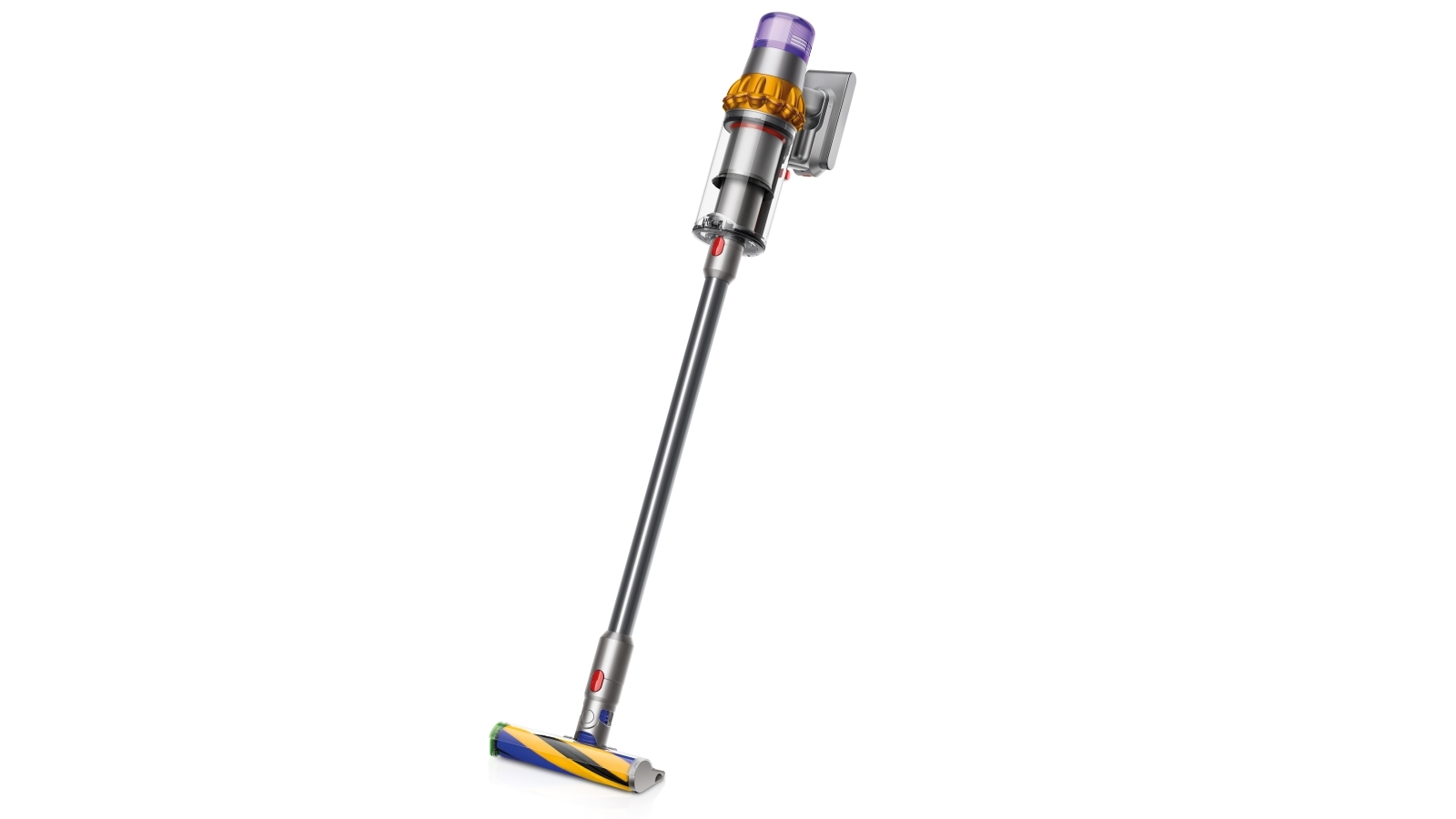Say Goodbye To Leaf Bags
Say Goodbye to Leaf Bags
Fall is a beautiful time of year, but it can also be a bit of a hassle when it comes to yard waste. Rakes, leaves, and grass clippings can quickly pile up, and if you don't have a way to dispose of them properly, they can become a nuisance.
In the past, many people have relied on leaf bags to collect their yard waste. However, leaf bags are not without their drawbacks. They can be expensive, they can be difficult to dispose of, and they can even be harmful to the environment.
In recent years, there have been a number of alternative solutions to leaf bags that offer a number of advantages. These solutions are more environmentally friendly, they are often less expensive, and they can be just as effective as leaf bags at collecting yard waste.
In this blog post, we will discuss some of the best alternatives to leaf bags. We will also provide tips on how to dispose of yard waste properly and how to choose the right alternative for your needs.
Why Say Goodbye to Leaf Bags?
There are a number of reasons why you might want to say goodbye to leaf bags. Here are a few of the most important ones:
- Leaf bags are expensive. The cost of leaf bags can vary depending on the size and brand, but they can typically cost anywhere from $1 to $5 per bag. If you have a lot of yard waste, this can add up quickly.
- Leaf bags are difficult to dispose of. Once you've filled up a leaf bag, you need to find a way to dispose of it. This can be difficult if you don't have access to a yard waste collection service. Even if you do have access to a yard waste collection service, you may still have to pay a fee to dispose of the bags.
- Leaf bags can be harmful to the environment. Leaf bags are made from plastic, which is a non-renewable resource. When plastic is disposed of in landfills, it can take hundreds of years to decompose. In addition, plastic can leach harmful chemicals into the environment.
Alternatives to Leaf Bags
There are a number of alternatives to leaf bags that offer a number of advantages. Here are a few of the most popular alternatives:
- Paper yard waste bags. Paper yard waste bags are a good alternative to plastic leaf bags. They are biodegradable and compostable, so they are better for the environment. Paper yard waste bags are also typically less expensive than plastic leaf bags.
- Yard waste bins. Yard waste bins are another good alternative to leaf bags. They are made from durable materials, such as plastic or metal, and they can be reused year after year. Yard waste bins are also typically less expensive than plastic leaf bags.
- Composting. Composting is a great way to dispose of yard waste and reduce your environmental impact. When you compost yard waste, it is converted into a nutrient-rich soil amendment that can be used to improve your garden.
How to Choose the Right Alternative for You
The best alternative for you will depend on your individual needs and preferences. If you are looking for an affordable option that is easy to dispose of, then paper yard waste bags may be a good choice for you. If you are looking for a reusable option that is better for the environment, then a yard waste bin may be a better choice. And if you are looking for a way to reduce your environmental impact even further, then composting may be the best option for you.
Conclusion
There are a number of great alternatives to leaf bags that offer a number of advantages. If you are looking for a more environmentally friendly, affordable, or easy-to-dispose-of option, then one of these alternatives may be a good choice for you.
Are you looking for a way to keep your lawn clean and free of debris without having to drag out the gas-powered lawn mower? If so, then you need to check out the Garden Wiki cordless lawn vacuum. This powerful vacuum is perfect for picking up leaves, grass clippings, and other yard waste. It's also lightweight and easy to maneuver, so you can get the job done quickly and easily.
The Garden Wiki cordless lawn vacuum is equipped with a powerful motor that generates up to 120 air watts of suction. This means that it can easily pick up even the smallest debris. The vacuum also has a large dust bag that can hold up to 2.5 quarts of waste. This means that you won't have to empty the bag as often, which saves you time and hassle.
In addition to its powerful suction, the Garden Wiki cordless lawn vacuum is also very easy to use. It has a simple design with just a few buttons, so you can get started right away. The vacuum is also lightweight and easy to maneuver, so you can easily reach all areas of your lawn.
If you're looking for a powerful and easy-to-use cordless lawn vacuum, then the Garden Wiki is the perfect choice for you. Visit Garden Wiki today to learn more about this amazing product.
FAQ of cordless lawn vacuum
1. What are the benefits of using a cordless lawn vacuum?
Cordless lawn vacuums offer a number of benefits over traditional corded models, including:
- Portability: Cordless lawn vacuums are lightweight and easy to maneuver, making them ideal for small to medium-sized lawns.
- Freedom from cords: Cordless lawn vacuums allow you to move around your lawn freely without being tethered to an outlet.
- Quiet operation: Cordless lawn vacuums are typically quieter than corded models, making them a good choice for homeowners who want to avoid disturbing their neighbors.
- Less maintenance: Cordless lawn vacuums require less maintenance than corded models, as there are no cords to tangle or wear out.
2. What are the drawbacks of using a cordless lawn vacuum?
The main drawback of cordless lawn vacuums is their battery life. Most cordless lawn vacuums have a battery life of about 20-30 minutes, which may not be enough for large lawns. However, there are some models with longer battery life available.
Another drawback of cordless lawn vacuums is their power. Cordless lawn vacuums are typically not as powerful as corded models, so they may not be as effective at picking up debris. However, the power of cordless lawn vacuums has been increasing in recent years, and there are now some models that are very powerful.
3. What are the factors to consider when choosing a cordless lawn vacuum?
There are a number of factors to consider when choosing a cordless lawn vacuum, including:
- Battery life: The battery life is one of the most important factors to consider, as you don't want to run out of power halfway through vacuuming your lawn.
- Power: The power of the vacuum is also important, as you want to make sure it can pick up debris effectively.
- Features: Some cordless lawn vacuums come with additional features, such as a blower attachment or a dustpan attachment.
- Price: Cordless lawn vacuums can range in price from a few hundred dollars to over a thousand dollars.
4. How do I care for a cordless lawn vacuum?
Here are some tips on how to care for a cordless lawn vacuum:
- Empty the dustbin after each use.
- Wipe down the exterior of the vacuum with a damp cloth.
- Store the vacuum in a cool, dry place.
- Avoid running the vacuum on wet surfaces.
5. What are some common problems with cordless lawn vacuums?
The most common problems with cordless lawn vacuums include:
- Battery problems: The battery may not hold a charge or may not last as long as expected.
- Motor problems: The motor may not be as powerful as expected or may overheat.
- Debris buildup: Debris may build up in the vacuum, causing it to lose suction.




Post a Comment for "Say Goodbye To Leaf Bags"